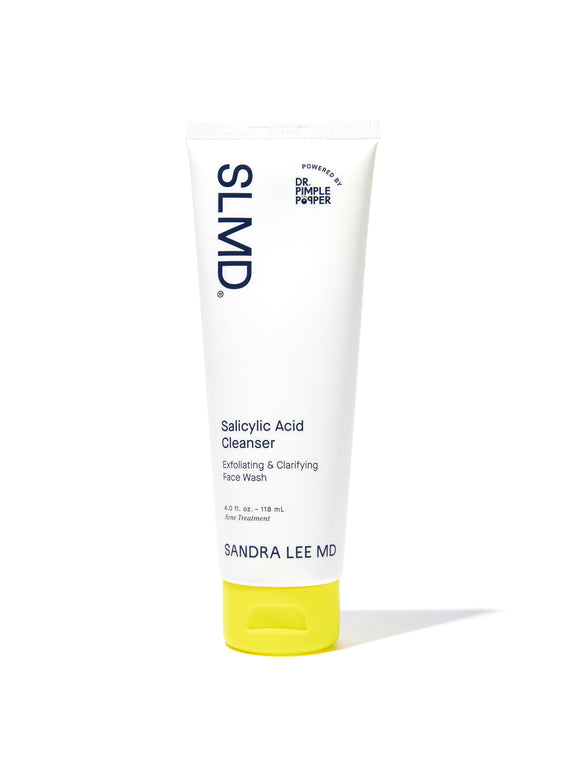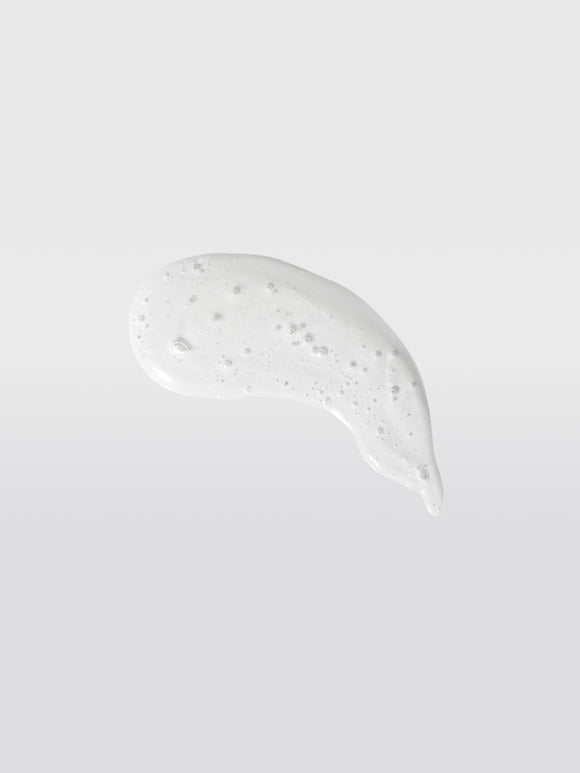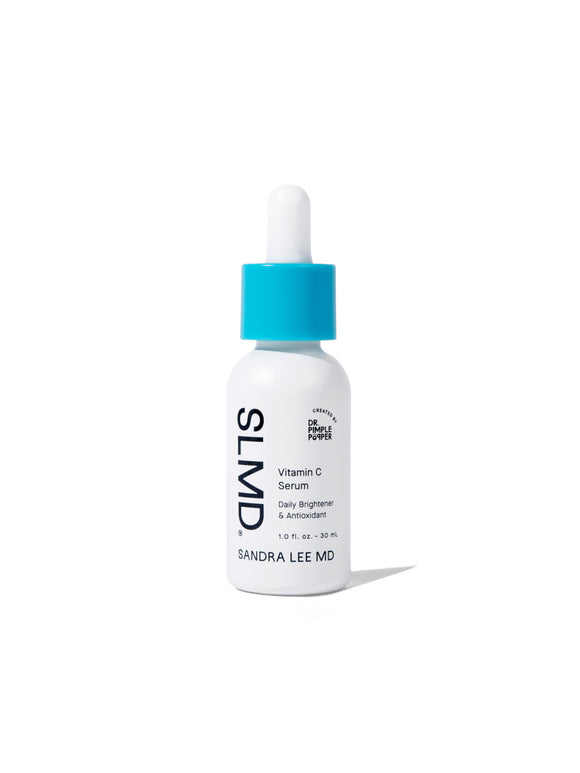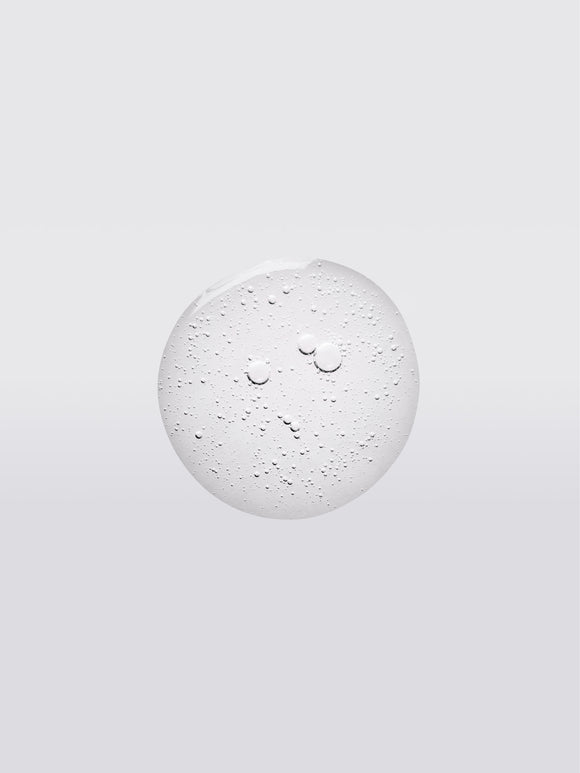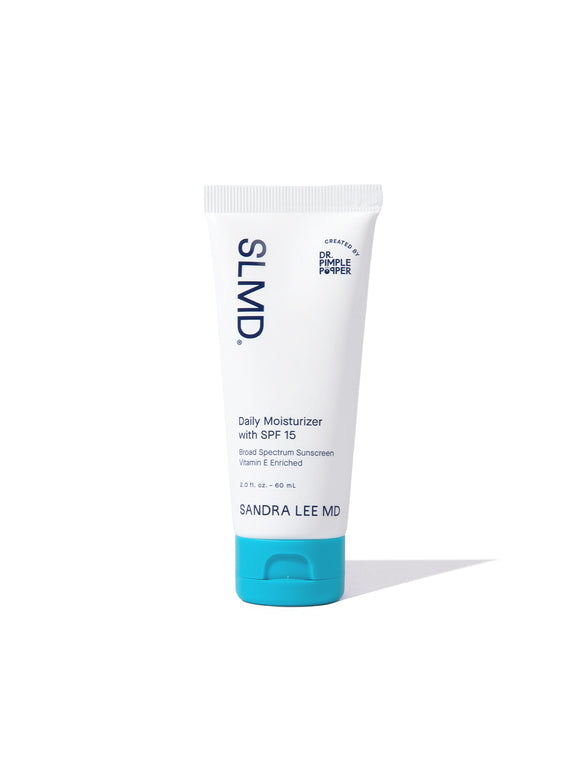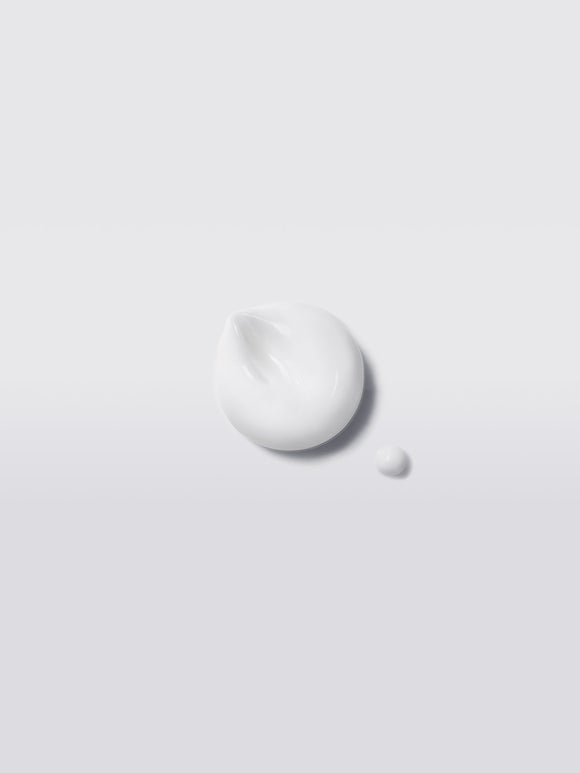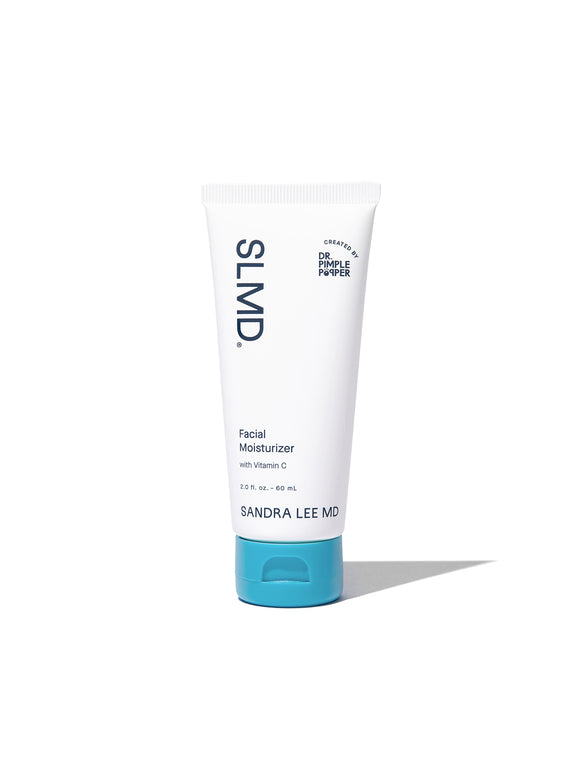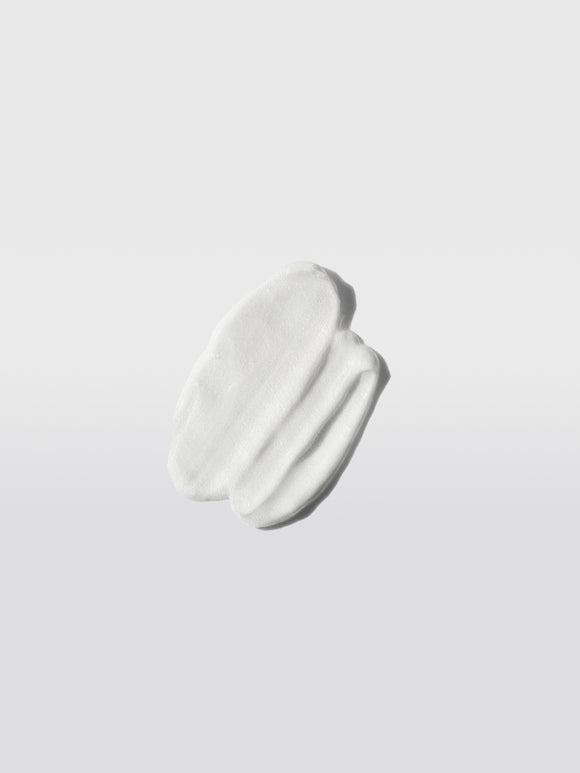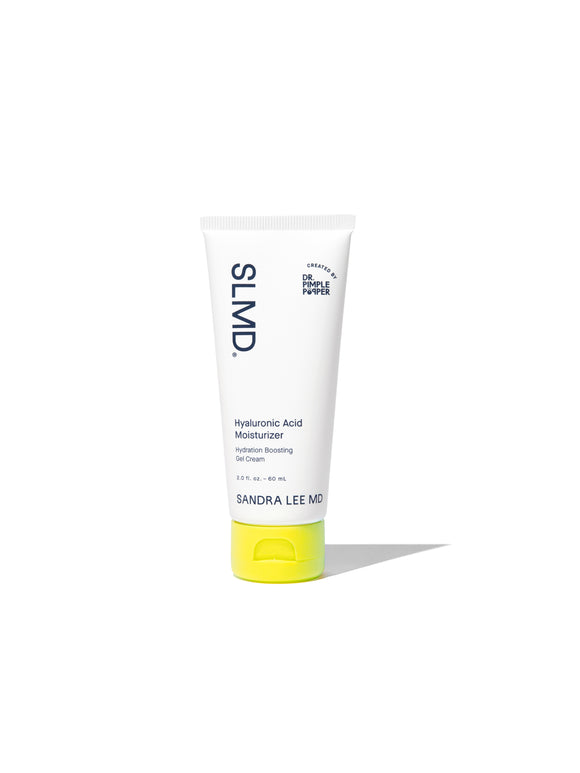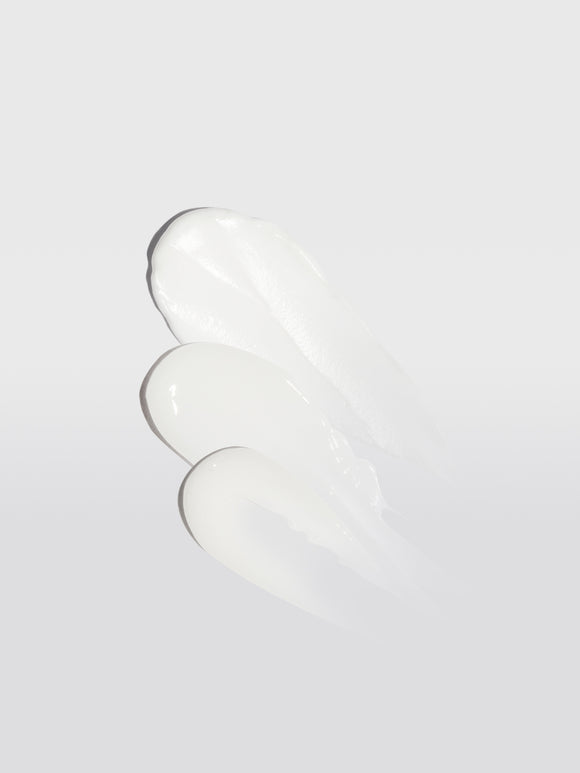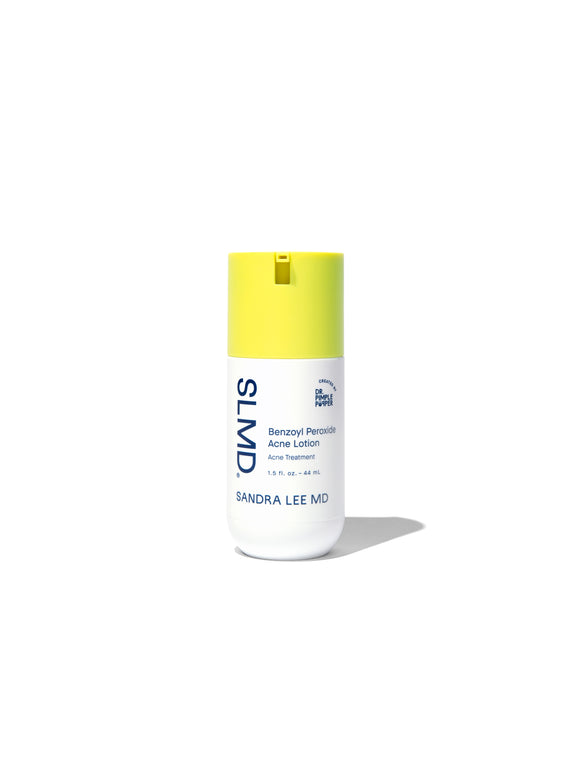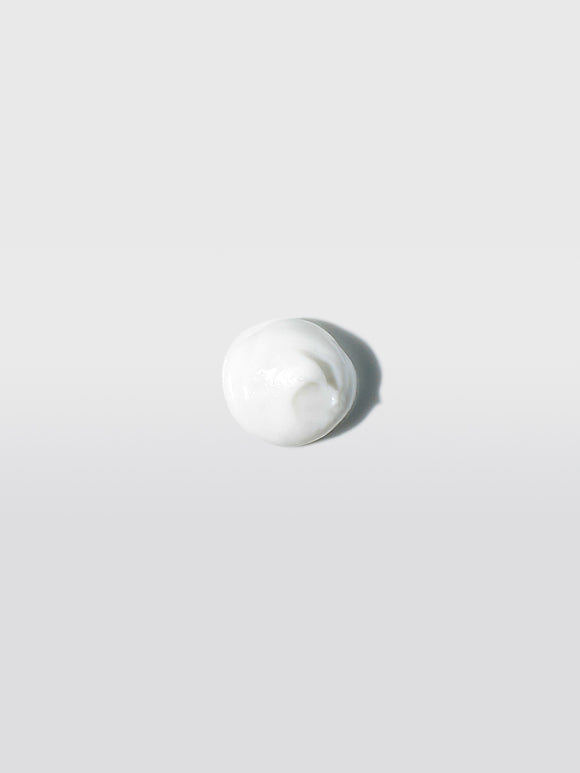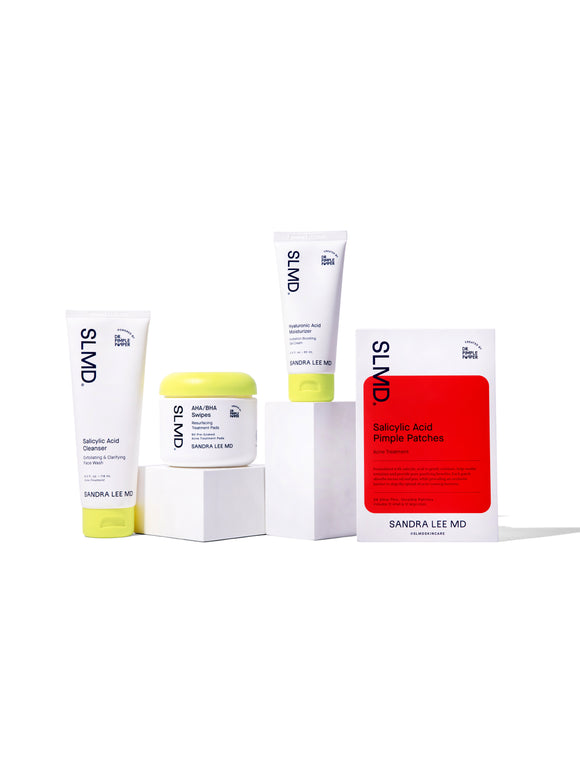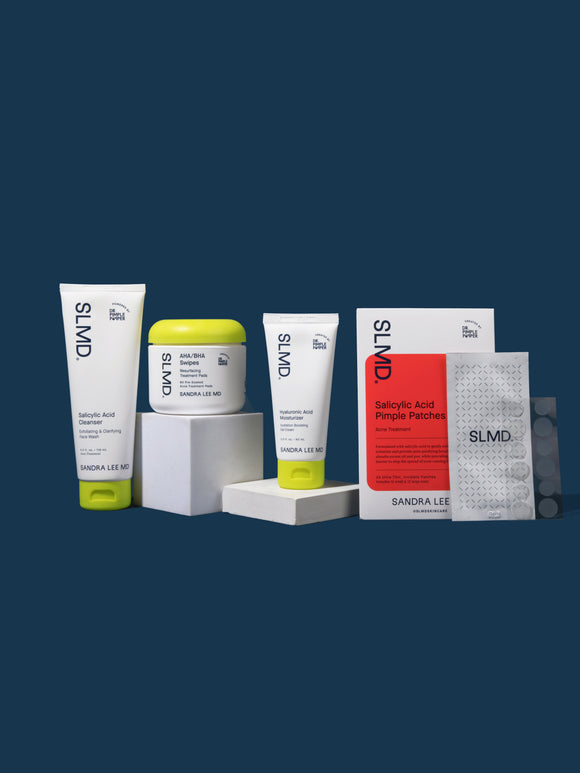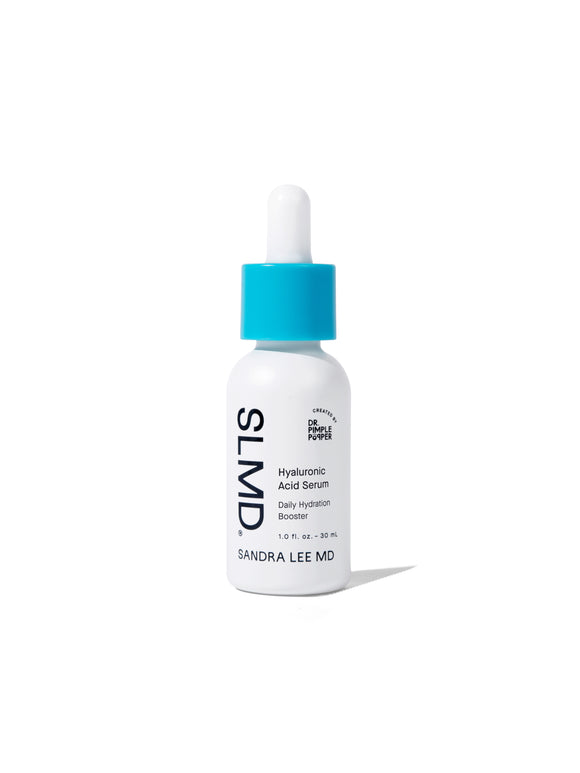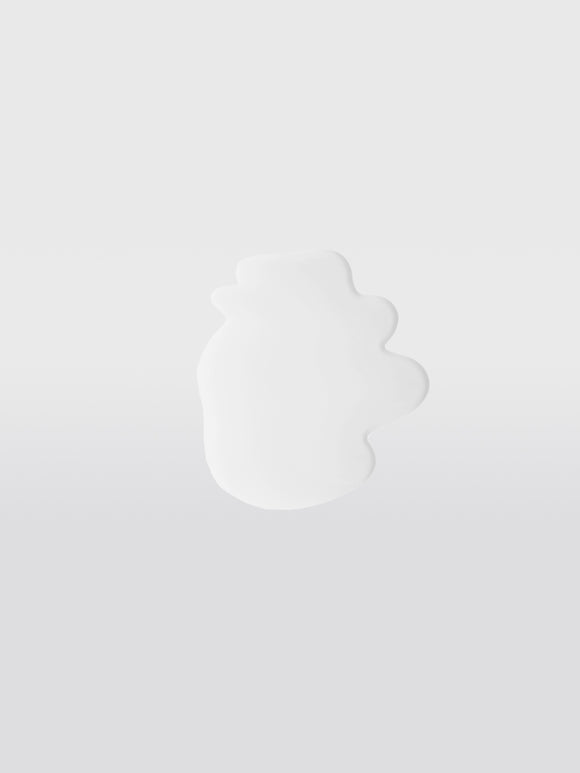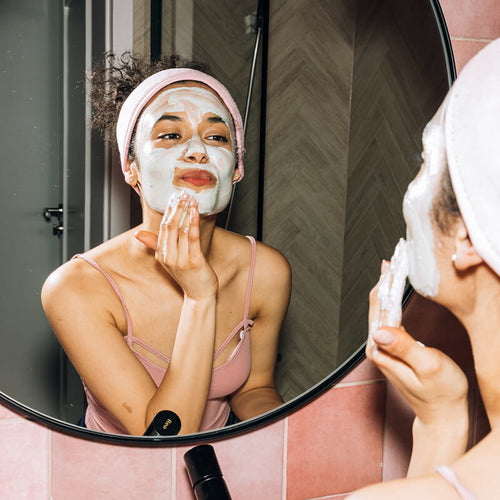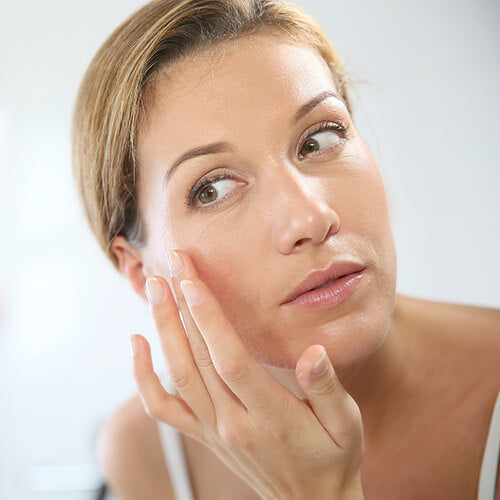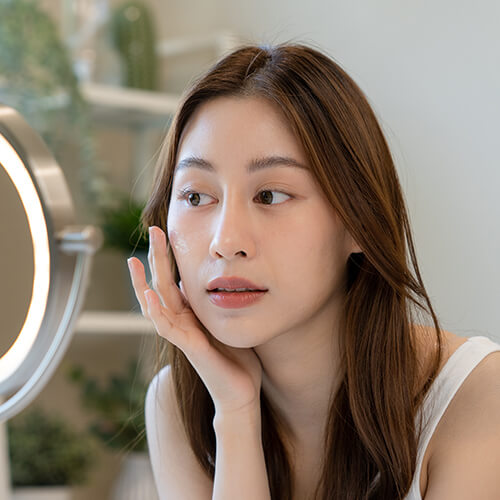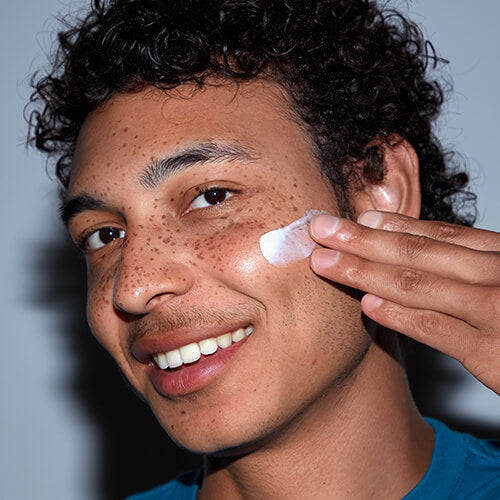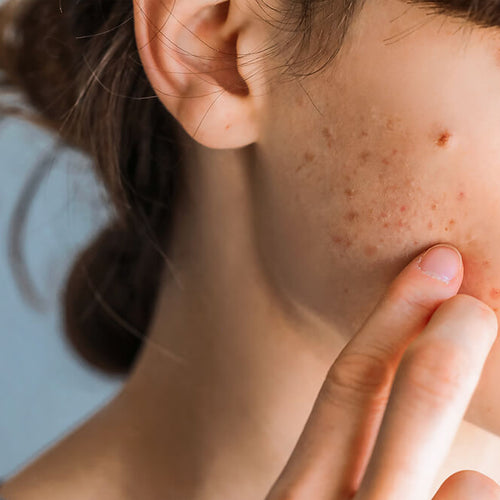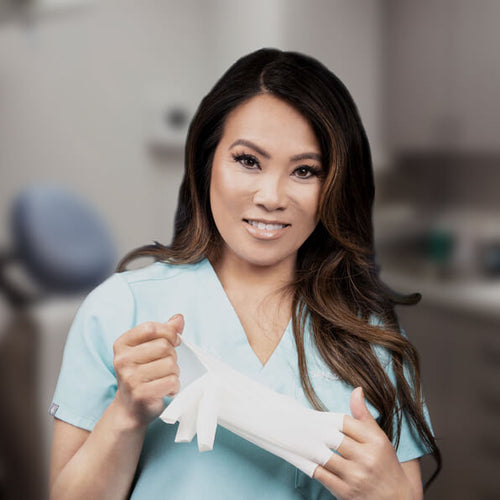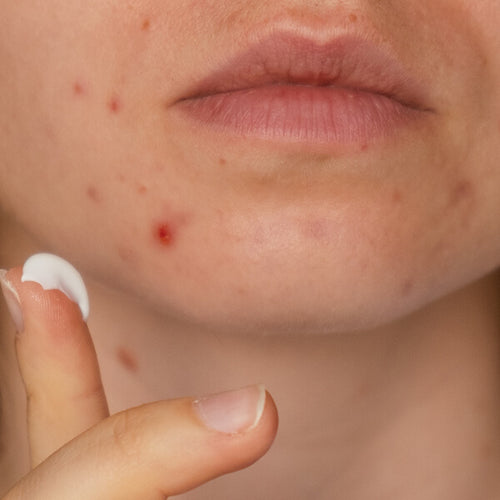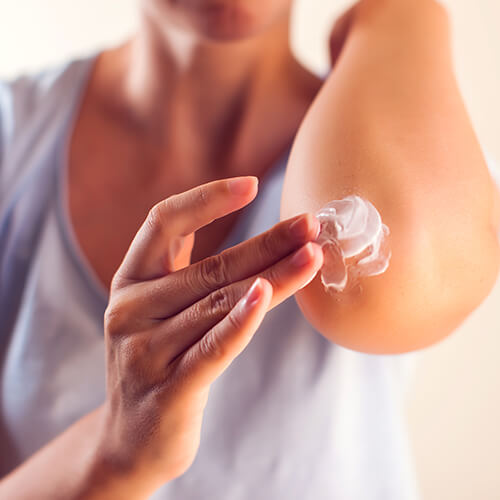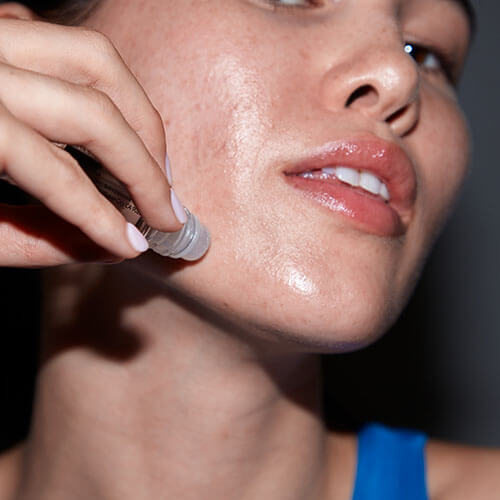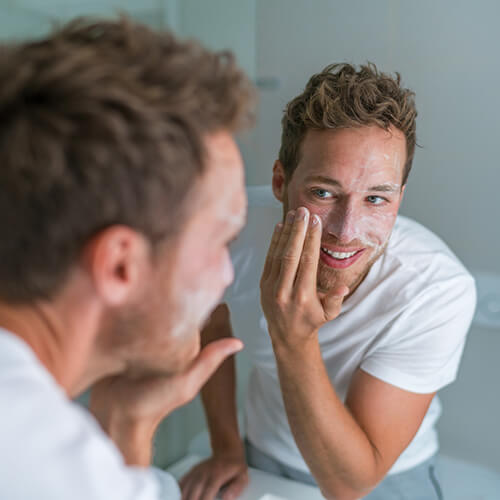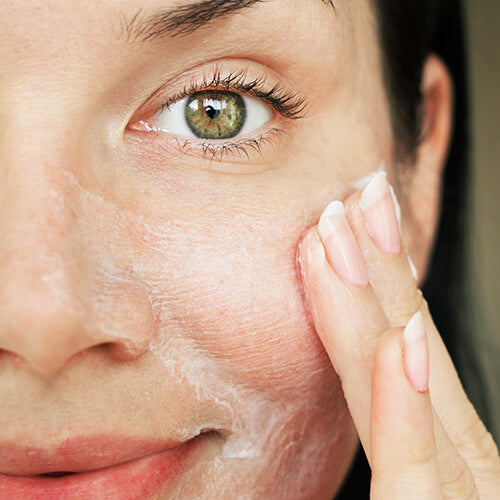
Your Ultimate Skincare Guide: Expert Tips from Dr. Pimple Popper
Your favorite dermatologist breaks down the basics, based on your skin type and goals.
Published:
6 minute read
Skincare can be overwhelming, with countless products and opinions on what’s best. But when it comes to the basics, there’s no better guide than a dermatologist. Here, Sandra Lee, MD — better known as Dr. Pimple Popper, breaks down the essentials you need to know to build an effective skincare routine that’s backed by science and proven in practice.
Knowing your skin type: the key to a good routine
Before diving into specific products or routines, it’s essential to identify your skin type. Knowing whether you have oily, dry, combination, sensitive, or normal skin helps you choose the right products and ensures that your skincare routine is as effective as possible.
- Oily skin: Oily skin produces excess sebum, leading to shine and clogged pores. The goal is to balance oil production while keeping the skin clear and hydrated.
- Dry skin: Dry skin often feels tight or flaky and may be more prone to irritation and fine lines. The focus should be on deep hydration and protecting the skin barrier.
- Combination skin: Combination skin features an oily T-zone (forehead, nose, and chin) with normal to dry areas on the cheeks. A balanced routine is necessary to manage oiliness while hydrating drier areas.
- Sensitive skin: Sensitive skin can be easily irritated and prone to redness. Gentle, soothing products that reduce inflammation are key for this skin type.
- Normal skin: Well-balanced and typically free of major issues, normal skin requires consistent care with an emphasis on prevention.
Dr. Lee’s Tip: "Knowing your skin type is a big step toward creating a skincare routine that truly works for you. It helps you choose the right products and get the best results for your unique skin."
The science of skincare ingredients: what to look for
Skincare can seem like a maze of products, but it all boils down to a few key ingredients that have been scientifically proven to work. Here’s what Dr. Lee recommends:
- Retinol: Speeds up cell turnover, reduces wrinkles, and unclogs pores. Ideal for aging and acne-prone skin alike.
- Hyaluronic acid: Hydrates and plumps the skin, suitable for all skin types which makes it it perfect for dry or aging skin as well as acne-prone or oily skin.
- Salicylic acid: Penetrates and cleans out pores, works well for most skin types but is especially beneficial for oily or acne-prone skin.
- Glycolic acid: An AHA that exfoliates the skin's surface, removing dead skin cells to reveal a brighter, more even complexion. Effective for treating hyperpigmentation, fine lines, and dullness.
- Vitamin C: A potent antioxidant that brightens skin, reduces the appearance of dark spots, boosts collagen, and protects against environmental damage.
- Benzoyl peroxide: An antimicrobial that kills acne-causing bacteria while reducing inflammation and preventing breakouts.
Dr. Lee’s tip: "Focus on these proven ingredients for a routine that works. Avoid products with too many unknowns—simplicity is key."
Dr. Pimple Popper's Skincare Essentials
Building your ideal skincare routine
Creating a skincare routine that works for your skin type and concerns is essential for maintaining healthy skin. Dr. Lee’s approach to building an ideal skincare routine is based on the principle of "Cleanse, Treat, Moisturize," with adaptations based on your specific skin needs.
Skin type: normal
If you have normal skin, you’re in a good place—your skin is generally well-balanced, not too oily or too dry. Maintaining this balance is key, so your routine should focus on gentle care and prevention.
- Cleanse: Use a gentle, non-stripping cleanser to maintain the skin’s natural moisture balance. Look for ingredients like glycerin or hyaluronic acid to keep your skin hydrated.
- Treat: Apply a lightweight serum with antioxidants like vitamin C to protect against environmental damage and keep your skin radiant.
- Moisturize: Use a hydrating moisturizer to lock in moisture and maintain the skin barrier. Choose one that’s neither too heavy nor too light, tailored to your preference.
Dr. Lee’s tip: "Even normal skin needs consistent care to stay balanced. Focus on prevention by using antioxidant serums and always apply sunscreen."
Skin type: acne-prone
Managing acne-prone skin requires a routine that targets breakouts while keeping the skin healthy and hydrated. Dr. Lee recommends a multi-step approach that treats acne at every stage.
- Cleanse: Use a salicylic acid-based cleanser to clear pores and control breakouts.
- Treat: Apply benzoyl peroxide (AM) to reduce bacteria and inflammation and retinol (PM) to help shed dead skin cells.
- Moisturize: Opt for a lightweight, non-comedogenic moisturizer to hydrate without clogging pores.
Dr. Lee’s tip: "Consistency is key. Try an acne kit like my SLMD Acne System to help you stick to a routine daily."
Skin type: dry
Dry skin needs a routine that focuses on hydration and maintaining the skin barrier. Dr. Lee suggests choosing products that deliver deep moisture and help the skin retain it.
- Cleanse: Use a gentle, hydrating cleanser that doesn’t strip the skin of its natural oils. Look for ingredients like ceramides or fatty acids.
- Treat: Incorporate a hydrating serum, such as one with hyaluronic acid, to boost moisture levels.
- Moisturize: Apply a rich, emollient moisturizer that helps lock in hydration. Ingredients like shea butter or glycerin are excellent for keeping dry skin soft and supple.
Dr. Lee’s tip: "Don’t forget to layer your products. Apply your hydrating serum first, followed by a rich moisturizer to seal in that moisture and protect your skin barrier."
Skin type: aging
With so many anti-aging products on the market, it can be confusing to know which to use and when to start. Dr. Lee suggests a targeted routine that helps combat the signs of aging by focusing on hydration, exfoliation, and protection.
- Cleanse: Use a gentle cleanser to avoid stripping the skin. A formula that contains mild exfoliants like salicylic acid can help minimize dullness and encourage a more youthful glow.
- Treat: Incorporate retinol into your routine to boost collagen and elastin production, reduce the appearance of fine lines, and speed up cell turnover.
- Moisturize: Use a hydrating serum like one with hyaluronic acid to plump the skin and reduce the appearance of fine lines and wrinkles. Follow up with a rich moisturizer to lock in hydration.
Dr. Lee’s tip: "Consistency and protection are key. Start with retinol early, and always protect your skin with sunscreen to prevent the signs of aging."
The importance of sun protection: don’t skip this step!
No skincare routine is complete without sun protection. UV rays are one of the biggest culprits behind premature aging and skin damage. Applying SPF every morning is non-negotiable.
Dr. Lee’s tip: "Sunscreen isn’t just for sunny days. Make it a daily habit, rain or shine, to protect your skin from long-term damage."
Dr. Pimple Popper answers your skincare routine FAQs
Q: What’s the most important step in a skincare routine?
A: According to Dr. Lee, cleansing is the foundation of any skincare routine. Removing dirt, oil, and makeup sets the stage for all other products to work effectively.
Q: How do I choose the right products for my skin type?
A: Identifying your skin type is crucial. Dr. Lee recommends looking for products specifically formulated for your skin type—whether it’s oily, dry, combination, or sensitive—and focusing on ingredients proven to address your specific concerns.
Q: How often should I see a dermatologist?
A: Even if you don’t have a pressing skin issue, Dr. Lee suggests seeing a dermatologist annually for a skin check-up. If you have ongoing skin concerns, such as persistent acne or signs of aging, more frequent visits may be beneficial.

Dr. Lee's Last Word
Skincare doesn’t have to be complicated, but it should be informed. By following these dermatologist-approved basics, you’ll be well on your way to healthier, happier skin.



